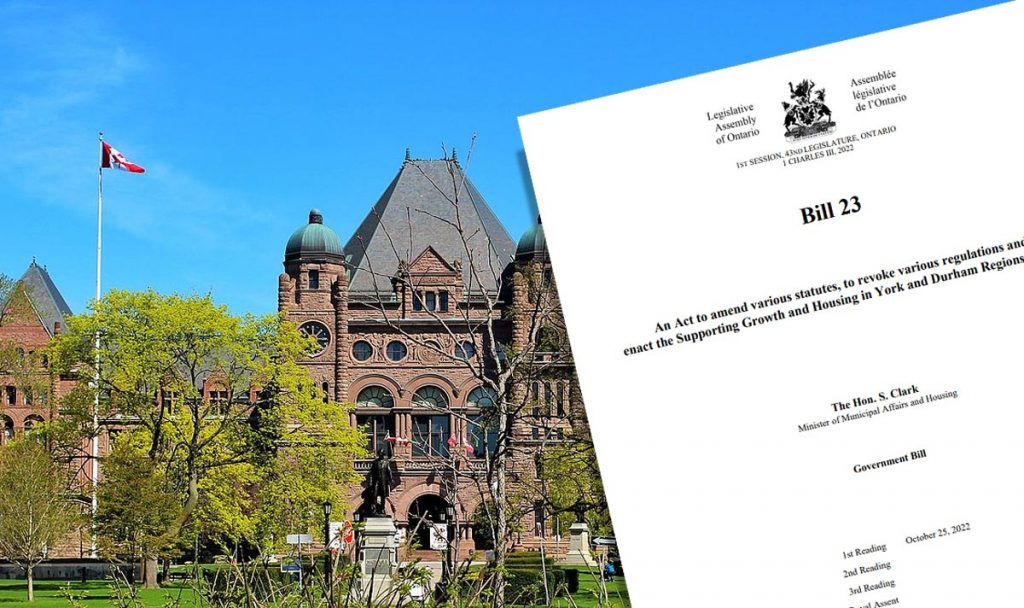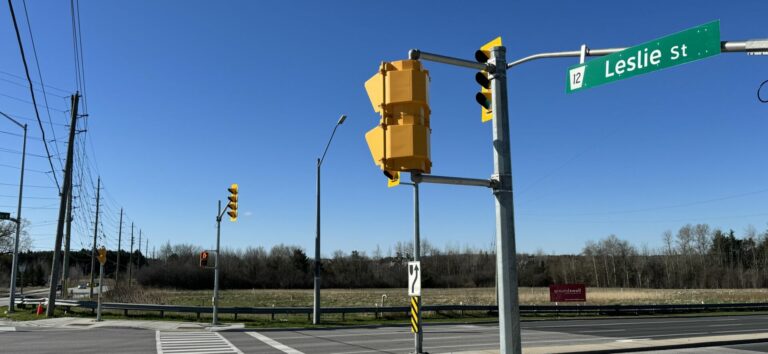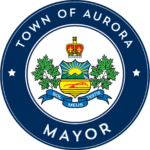Last night, Council had a special meeting to specifically deal with the Provincial Bill 23, the More Homes Built Faster Act, 2022. Council unanimously passed the motion opposing Bill 23 in its current form, and requesting that the province halt the advancement of this Bill , so that meaningful consultation with municipalities can take place…So that we can truly work together to address this housing crisis. Here is what I said about Bill 23 at the table…
Despite being responsible for some of the most important immediate services our residents need – roads, sewers, water, policing, EMT and fire, long term care, housing, public health, to name just a few – our ability to deliver these services is increasingly limited by the ever changing scope of our authority.
In particular as it speaks to growth and development.
Indeed, as I have said before, the biggest challenge we face, as a council and a community, is our limited authority to ensure community focused growth and development.
Bill 23 not only fails to give us the tools we need, it strips us of the ability to use the ones we have.
We have a housing crisis in this country, and it affects every community, large and small. But it does not affect each community in the same way. The diversity of housing needs are a function of a complex often community specific set of factors that cannot simply be generalized in a one size fits all policy statement.
Do we need more housing? Absolutely. But what kind of housing? how much? where?
Macro planning objectives are the purview of the Province and are reflected in provincial policy statements and related legislation with the expectation that municipalities will create a community level plan that will reflect those broader policy goals.
The province sets the targets – housing, population, density – and the municipalities create the plans to meet those targets.
The Minister of municipal affairs is not the town planner for each of the 444 municipalities in Ontario
Nor should they be
That’s our job
Aurora has consistently met the provinces growth and housing objectives.
Aurora’s population between 2016 – 2021 grew by almost 12%. That’s more than double the provincial average of 5.8% and the national average of 5.2%
Much of the northern 6 in York region had similar growth.
And that growth is expected to continue.
Aurora has been successful in managing growth despite the challenges we face. Through our Official Plan, we have been implementing zoning requirements specifically designed to meet provincial planning policy and provincially set population targets. We have been encouraging the growth of the much needed “missing middle”, the gentle density that our community wants, for years and we have seen an increase in these types of developments.
But not enough.
We could do more if we had the authority to enforce our official plan.
If Bill 23 is adopted, as is, we will have even less authority to incentivize the development of much-needed attainable housing.
And even more concerning is we will have drastically reduced ability to fund the services our residents need both now and in the future.
The impact of this bill on the municipal taxpayer is simply staggering.
The proposed reduction in development charges is estimated to cost taxpayers collectively in the billions of dollars.
DCs are charged so that “growth pays for growth” that the infrastructure needed for future developments isn’t paid for by existing taxpayers.
But this Bill turns that whole notion on it’s head.
To quote from the public comments on Bill 23, filed by the Association of Municipalities of Ontario,
“The bill proposes changes to infrastructure financing that would shift costs from developers to municipalities based on a faulty assumption that savings will be passed on to new homeowners and renters, (i.e., that house prices are determined by the cost of inputs rather than market forces). Unless fully offset with a new source of municipal infrastructure funding, this departure from the principle that growth pays for growth will result in property tax increases and service reductions. Preliminary analysis indicates that Bill 23, if enacted, would reduce the municipal resources available to service new developments by more than $5.1 billion over the next 9 years. This estimate includes a reduction of over $400 million for community housing during the same period. “
Put simply, the cost of housing, of infrastructure, of services, of amenities doesn’t simply disappear.. Someone has to pay… And that someone will be all of us through higher property taxes, or drastically reduced services – or both.
The price for building new homes should not be the wholesale destruction of municipal authority and effective environmental protection
Bill 23 proposes extraordinary changes to planning, environmental, conservation, heritage, social and public policy and legislation in support of the proposed goal of “more housing”.
No evidence, metrics, or data for that matter is provided to support claim that these drastic changes are needed to achieve the goal of building much needed housing. Frankly, there’s little evidence that any of the measures in this Bill 23 will build the housing we need, where we need it at a price our residents can afford.
Bill 23 effectively guts many of the legislative mechanisms we rely upon as a municipality to fund our infrastructure needs, plan future parks and amenities, protect our natural and built heritage, and plan for growth and development.
I agree with the province that urgent action is needed to address the housing crisis in our communities.
But I strongly oppose the proposed method of achieving it.







